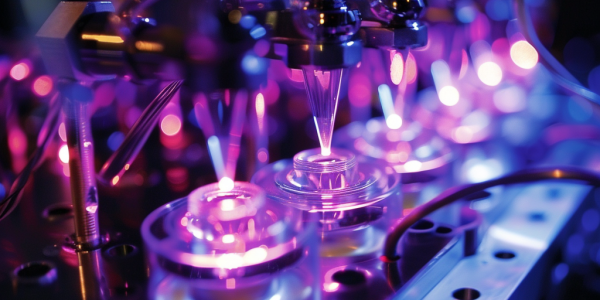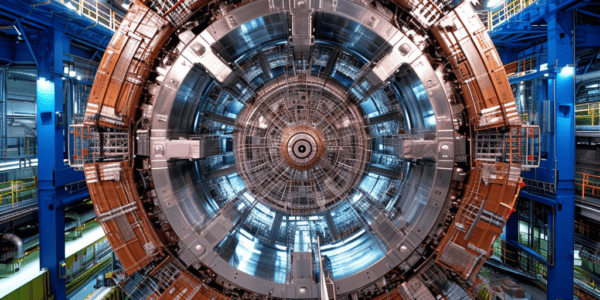Researchers Discover ‘Negative Time’ in Groundbreaking Quantum Experiment
A groundbreaking experiment by researchers at the University of Toronto has revealed evidence of ‘negative time’ in quantum mechanics. This study, published in PRX Quantum, demonstrates how photons can exit a cloud of ultracold rubidium atoms before entering, challenging conventional notions of time and opening new avenues for exploration in quantum physics.
Quantum-Enhanced High-Speed Camera for Molecules Developed by Scientists in Hong Kong
Discover the groundbreaking combination of quantum entangled light sources and ultrafast stimulated Raman spectroscopy in the development of a high-speed camera for molecules. Learn how this innovative technique enhances both temporal and spectral resolution in spectroscopic signals, enabling ‘high-speed imaging’ of ultrafast processes within molecular systems. Explore the significance of stimulated Raman spectroscopy in offering a more efficient alternative to traditional methods for analyzing molecular dynamics and interactions.
Advancement in Photon Emission Control Technology at University of Twente
Researchers at the University of Twente in the Netherlands have made a groundbreaking advancement in photon emission control technology, potentially revolutionizing the efficiency of portable screens and electronic devices. The team introduced a new device that can precisely regulate the emission of photons with unparalleled accuracy, leading to smartphones that require less frequent charging and potentially lasting an entire week on a single charge. This innovative technology has the potential to enhance the performance of miniature light sources, improve sensor sensitivity, and create stable quantum bits essential for quantum computing applications.
Caltech Researchers Develop Groundbreaking Quantum Imaging Technique
Caltech researchers have developed a groundbreaking new quantum imaging technique, ICE, which utilizes entangled photon pairs to overcome challenges in quantum imaging. This technique has the potential to revolutionize biomedical imaging and remote space sensing, offering higher-resolution images of biological materials and precise measurements of birefringent properties.
Large Hadron Collider Discovers Rare Higgs Boson Behavior
The world’s biggest proton-smasher has revealed a new, rare behavior of the famed Higgs boson. Detectors at the Large Hadron Collider spotted the particle decaying into a photon and a ‘Z boson’. This type of Higgs boson decay was predicted…





